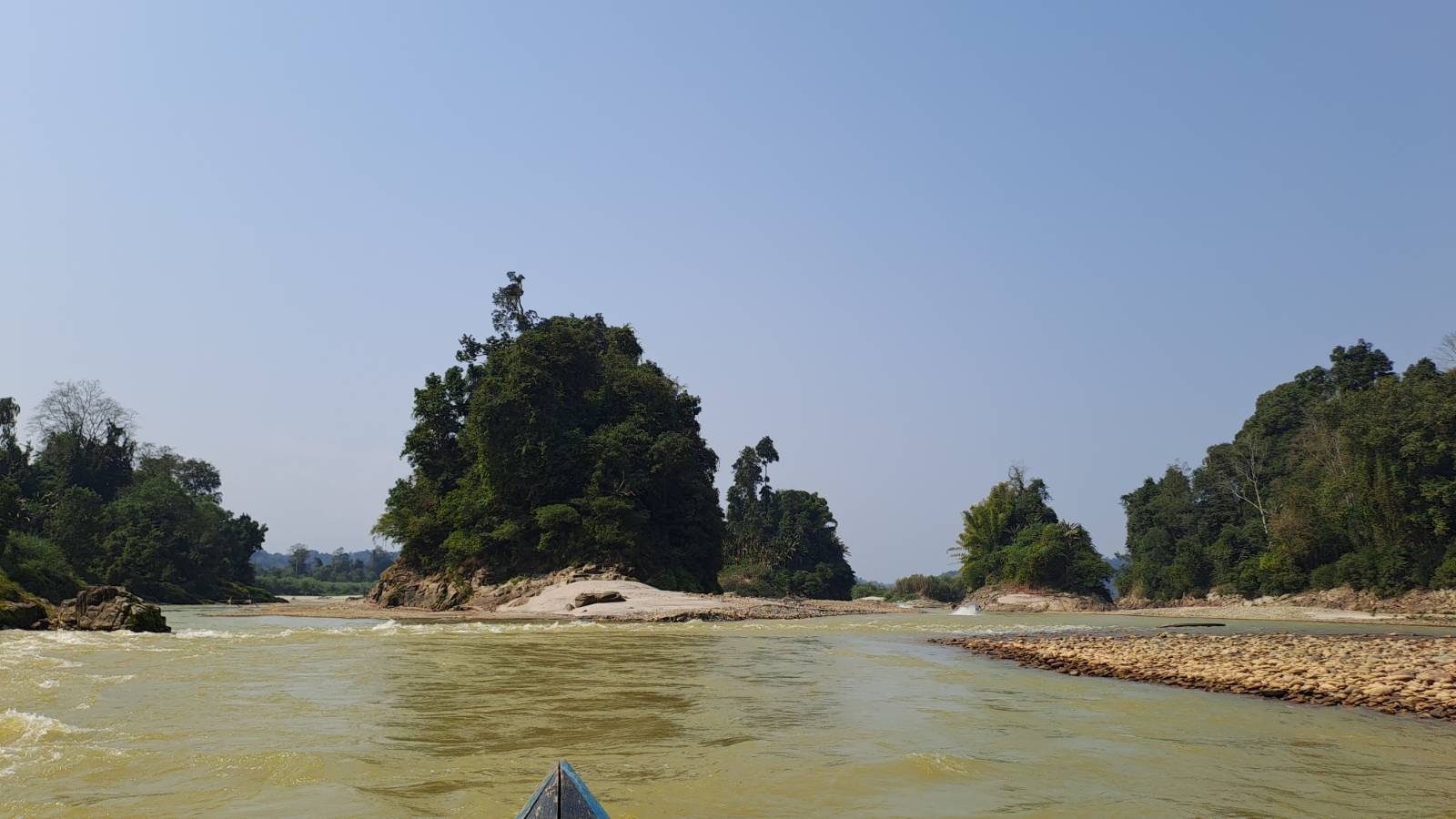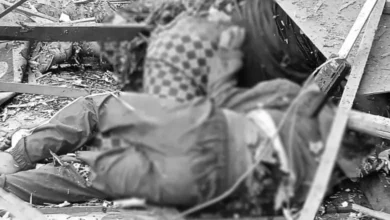Villagers Protest Gold Mining In N’dum Latep

About 50 villagers from Lang Dau village tract demanded that gold miners leave the historic N’dum Latep area in Putao Township within a week.
It was the third protest against gold mining in the township in northern Kachin State, which is fully supported by the Kachin Independence Organisation (KIO) despite the wishes of the people who asked the armed group to stop the mining in a letter.
The Jinghpaw Literature and Cultural Association for Putao Township took the lead in organising demonstrations over four days in October and December, with the most recent one on Saturday, February 18.
“We have protested twice against gold mining in our area…but they did not listen to our demands, so we organised yet another protest,” said a man who took part in the demonstration. “We told them if they don’t stop gold mining here, we will remove all their equipment from the mines” and take legal action.
Mine owners U Hkaw Thar and U Kyaw Zin Min started work around N’dum Latep in early October last year and currently have at least 8 workers mining more than 100 acres.
“The KIO should be listening to our demands,” the man said. “They must respect the culture and heritage of the minorities” but instead, “they are destroying their own people and a historical site.”
The Kachin people built a historic bridge over the Mali Kha River in N’dum Latep many years ago, which still exists today. The ethnic group is believed to have first migrated into the area of Kachin State from Majoi Shingra Bum (naturally flat mountain), now possible part of eastern Tibet.
Between 2013-14, villagers from N’hpi Ga, Shein Gai Yang, Hpagan Yang and Kanai Yang, who live around N’dum Latep, were forced to seek refuge in Putao town to escape fighting between the armed wing of the KIO, the Kachin Independence Army, and military.
They haven’t been able to return home yet, but the KIO has started taxing the miners for permission to exploit N’dum Latep, which covers over 1,000 acres of the Lang Dau village tract. The miners also pay taxes to the military so they can work in the area.




